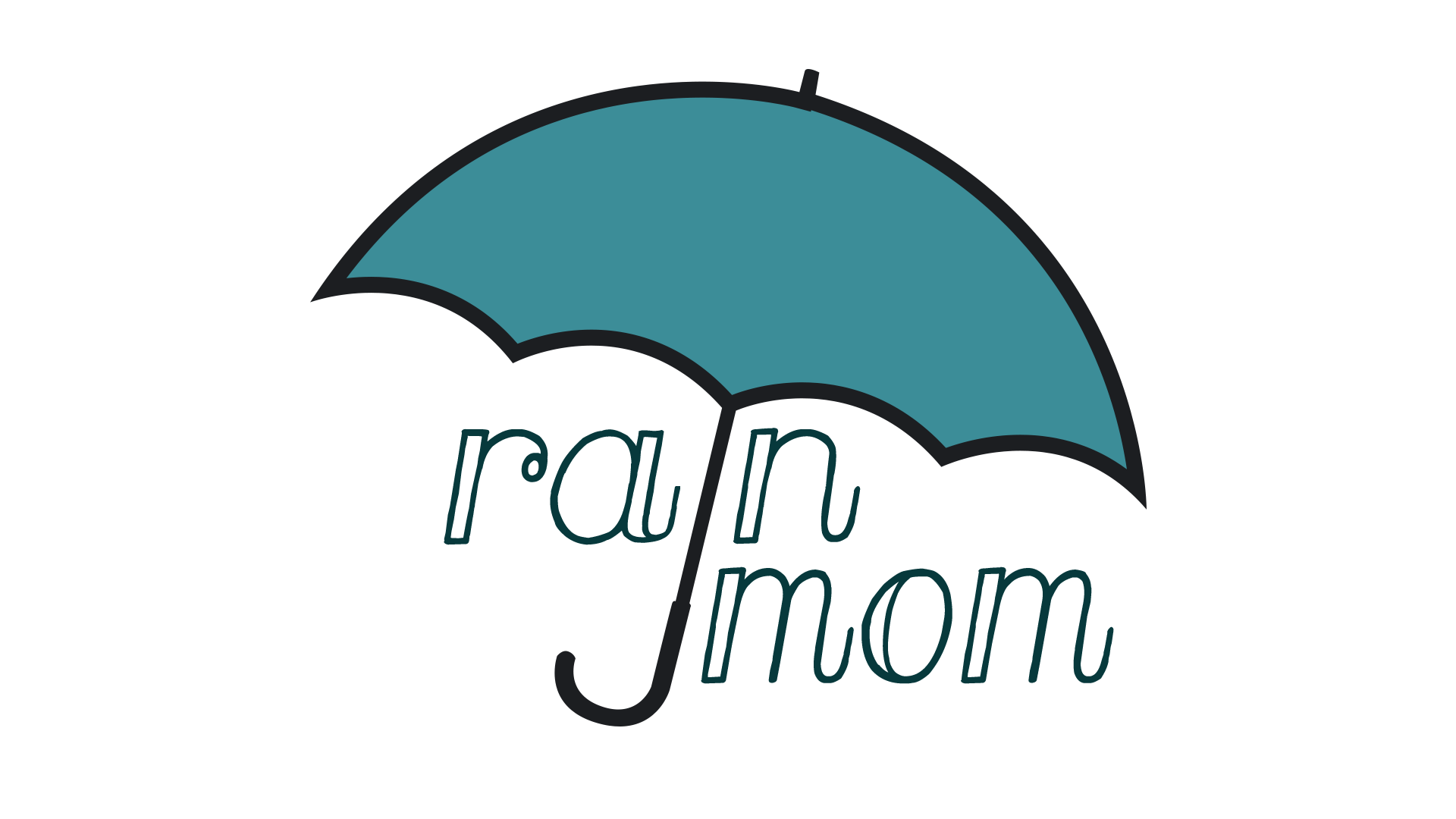
Autism: Fighting For Acceptance In A World Of Assumptions
By Kristi | Published | No Comments
April is here and so is Autism Acceptance Month. Another opportunity to spread acceptance towards autistics across the world. Tuesday was World Autism Day and the task of educating the world is a lofty one. Global acceptance is only possible if we start in our own backyard. As with every year, this month will be a flurry of social posts, local, national and global media coverage as well as the unmistakable support in the form of T-shirts, hats, banners etc., all garnering attention to the cause. After all the fanfare comes to an end, how much further will acceptance have grown in the world of today? It may come as a surprise to many that this month has been in existence for decades.
The first Autism Awareness month was founded by Dr. Bernard Rimland in April of 1970. Rimland was a psychologist and autism researcher. He chose April for two reasons: first, it was the month of his autistic son’s birthday and second, because spring is the season associated with new beginnings. Every year since, April has been known as the month of autism. Prior to this, Dr. Rimland, along with Ruth Sullivan, founded the Autism Society of America in 1965. Rimland has often been fondly referred to as the Father of Autism for his tireless work supporting, educating and empowering the autism community worldwide. Then in 1988, President Ronald Reagan officially declared April as National Autism Awareness Month. In 2007, autism went global when The United Nations General Assembly designated April 2 as World Autism Awareness Day (WAAD) and in 2011 President Barack Obama backed the resolution as well as the first shift to Autism Acceptance Day on April 1 of that same year.
So fast forward 55 years and where do we stand today? Acceptance is the goal, but how does that look and how do we achieve it? Honestly, it will look different from person to person, autistic and non-autistic. Maybe the A word we should be focusing on is assumption.
Case in point, I have a student who has often been labeled disrespectful, lacking empathy and at times rude. I see him through a different lens: he’s very literal. He tells it like it is, which is typically correct, but at times appears rude or disrespectful to others. I have often come to his defense because I understand what he is communicating while others focus on the verbatim of his delivery. One day, he said to me in front of 3 adults that I reminded him of his grandmother. Before I could respond, the other adults rushed to my defense, admonishing him for basically saying I was old— which at 64, to any child I am! I stopped them and then asked him how do I remind you of your grandmother? His response was probably one of the kindest things he has ever said to me— that she was one of his favorite people and she was really smart! The assumption from others was incorrect. Think about that the next time you struggle to accept autism, because assumption is often a deterrent to acceptance.
When we assume we lose sight of so many things and miss some wonderful opportunities to grow and learn from each other. Battling over semantics, word choices and unintentional slights erode acceptance to its core. I see this on both sides from autistics and neurotypicals. If we find the time to ask questions, embrace differences and not take every aspect so personally, then maybe acceptance has a chance. When we assume our mind is already made up or we allow feelings to dictate responses without consideration, hence acceptance weakens.
I do accept that many autistics are upset by assumptions of the past, and rightly so. That autism is something that needs to be cured or eradicated is the worst. That is why many autistics are so vehemently against groups like CAN, DAN, and Autism Speaks, who promoted curing autism like it was a disease or hideous affliction. Assuming autistics are a puzzle to be solved, lumping autistics into categories and levels of functioning which feels very derogatory and insinuates one type of autism is better than another further diminishing acceptance. A world where those who are not autistic have in many ways taken over and assume they know what is best for those on the spectrum. But by the same token, so many of us parents, myself included, have been flying blind for a long time. All we have is our own initiative, advice from experts (often filled with conflicting information) and the autistic community, who also have dissenting opinions and experiences themselves. Numerous assumptions there as well which only add to confusion, miscommunication and understanding.
Acceptance is the action or process of being received as adequate and suitable, typically within a group or society. Assumption is to accept something to be true without question or proof. When we assume, we stand in judgement, when we accept, we promote compassion and understanding.
While acceptance starts by embracing differences, let’s not overlook the similarities as well. Acceptance should be a blend of both. Not trying to change or force others to be someone else because we don’t understand or feel uncomfortable when something is different. Giving grace when mistakes are made or words fail to be perfect or politically correct. Recognizing we are all unique by virtue of our own individuality and personality, yet share so much more in common than we admit. I’m reminded that I cannot assume my words don’t have similar contradictions for others on the spectrum or at times may feel offensive. The beauty has been the ability to reflect, respect and accept our divergence, yet recognize we also share just as much in common.
Where does autism acceptance go from here? Certainly it will require more than a month every year to attain the goal. The more we learn from each other the better the odds are that one day worldwide acceptance will be a given. Let’s stop assuming and start communicating. Ask questions, embrace differences and celebrate the similarities. We don’t have all the answers we seek and we may never, but it doesn’t have to be a deterrent to the common goal.
Acceptance can make a world of difference when we stop assuming that we know what’s best for others and respect every individual without judgement.






Leave a Reply